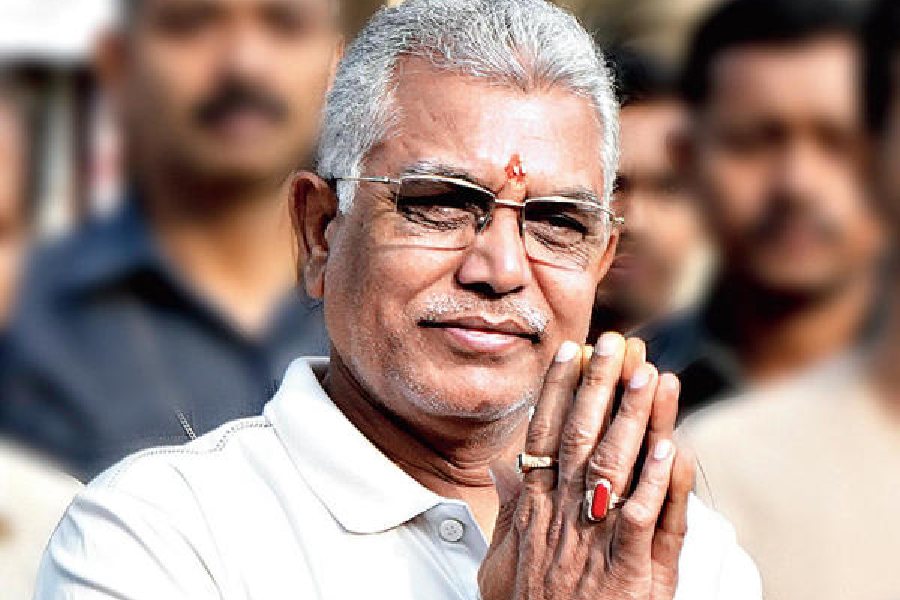To say that the university is now in crisis worldwide is to invoke a cliché. But the crises in India and the Anglo-American West are not only different but, in some strange ways, complementary. Many universities in the United States of America are haunted by declining student enrolments and skyrocketing tuition fees, while their counterparts in England and Wales fret about the diminishing value of domestic student fees. The state of the humanities and the social sciences in both countries has now reached a stage of deep alarm. By contrast, India, with an exploding youth population and a traditionally State-sponsored higher education system with low tuition fees, suffers from a serious problem of quality control. The relatively recent entry of private universities has, for the most part, brought high tuition to the table without significantly raising quality, as most of them, barring a few exceptions, are unrelentingly profit-seeking enterprises. Highly uneven and inconsistent research cultures and pedagogical consciousness shape education of indifferent quality, particularly as one moves beyond the big cities.
On the face of it, then, the prospect of foreign universities coming to India seems like a win-win. First announced in the new National Education Policy unveiled in 2020, the lifting of the ban on foreign branch campuses in India offers Indian students the opportunity to tap into international quality and for Western universities to tap into India’s vast higher education market. I mention the US and the UK as they are still the most coveted academic destinations for most Indian students, but the case can be extended, with some modification, to other anglophone countries, such as Australia, New Zealand and Canada.
But the mathematics rarely adds up easily in the real world.
The original announcement has been followed up by the publication of draft guidelines for foreign universities establishing branch campuses in India. However, even assuming everything else works out administratively, two major questions remain.
The first is financial. A quick look at overseas campuses of major American universities shows that most of the funding, if not all, has come from local partners, be it the government or private players from the particular regions. The universities have provided some of the academic resources, and most importantly, a brand that has sold in the region, usually for a high price. It is unlikely that the Indian government will ever underwrite such expenses to support foreign university campuses, and only marginally more likely that private stakeholders will do so.
India, for instance, has no philanthropic bodies such as the Qatar Foundation, a semi-private, non-profit foundation, which has established local campuses of several international universities, including Virginia Commonwealth University, Texas A&M University, Carnegie Mellon University, Georgetown University School of Foreign Service, HEC Paris, and University College London, all of them located in the larger campus of the foundation, Education City, in Doha. However, the closure of UCL Qatar in 2020 attests to the fact that recent years have seen a withering of enthusiasm for branch campuses, even in the rich Gulf region, amid management challenges and scant financial returns. Partnerships with local universities in East Asia have seen some more success — such as DukeKunshan, a partnership between Duke and Wuhan universities, and NYUShanghai, from the collaboration between New York and East China Normal universities.
Earlier this month, two Australian universities — Deakin and Wollongong — announced their plans to open campuses in Gujarat’s GIFT city. But how popular will this trend become? It is quite unlikely that a significant number of foreign universities will move ahead in India with their own resources. It is equally unlikely that Indian governments, Central or local, will underwrite foreign university campuses’ expenses. And it is only marginally more likely that private stakeholders will do so. That may partly explain why, of the 43 Western universities surveyed in 2021, just a handful expressed an interest in setting up a branch campus in India. There is much greater enthusiasm about collaboration over joint degrees and study programmes. But that too may have been dampened by the unexpected termination of a major Western university presence in Asia. The abrupt end of collaboration between Yale and the National University of Singapore, which had led to the formation of Yale-NUS college and high expectations around it, indicates a worrying trend which shapes my second major concern about the prospect of the smooth establishment and functioning of foreign universities in India. There is a tradition of Asian countries seeking to liberalise their economies, while at the same time suppressing liberal thought and political citizenship. To a large extent, the failure of the liberal Yale-NUS venture reveals the cracks created by this contradiction.
Anyone familiar with the political climate in India today knows that its majoritarian intolerance of liberal political beliefs has already started to decisively shape — or destroy — the nation’s public higher education system. Even the venerable Indian Institutes of Technology have been made to dilute their scientific and technological offerings with quasi-fictional curricula based on constructions of ancient Hindu ‘science’. And criticism of the State has led to severe suppression of freedoms across public universities — with many private institutions following suit to stay in governmental favour. Liberal thought has been essential to leading universities in the West, but it is almost an act of unwarranted optimism to believe that branch campuses will be able to freely exercise it in today’s India.
Saikat Majumdar is Professor of English and Creative Writing at Ashoka University










